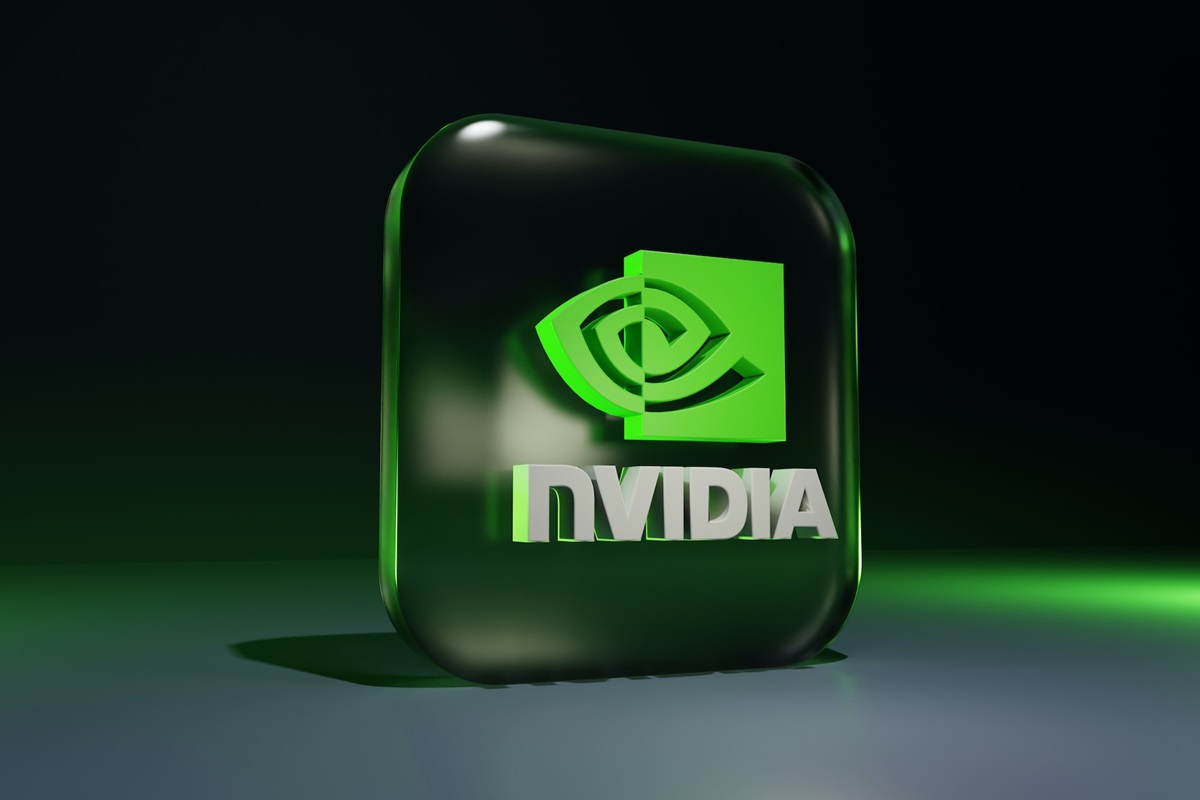The American chip manufacturer Nvidia intends to launch mass production of microcircuits with artificial intelligence for the Chinese market, developed following the current export rules of the United States, in the second quarter of this year.

The relevant information was released to the media with reference to insiders who were aware of the plans of the mentioned company last Monday, January 8.
According to preliminary data, the new Nvidia chip, designed for sale in the Chinese market, will be called the H20. It is one of the three most powerful microcircuits from an American manufacturer focused on an Asian country. This chip was developed following the norms of Washington’s export restrictions against Beijing, introduced in October.
Initially, the launch of mass production of the new microcircuit was scheduled for November. However, the company decided to implement this plan later. The media, citing sources, reported that the frustrated launch of mass production of the new chip is related to the problems faced by server manufacturers when integrating microcircuits.
Journalists reported that the initial volume of making H20 will be limited. The company intends at first to fulfill orders for large customers. The relevant information was published by the media with reference to Nvidia employees who used the right of anonymity, noting that this issue is confidential.
Journalists reported that Chinese companies show little interest in buying the H20. Moreover, in this country’s market, there is currently a significant demand for chips from homegrown manufacturers. This trend in consumer behavior is driven by concerns about the likelihood that the United States will once again tighten export controls on product shipments to China. Last year, the Internet search giant Baidu ordered artificial intelligence chips from Huawei Technologies, refusing to cooperate with Nvidia.
In addition to the above-mentioned H20, the American manufacturer plans to launch production of two more microcircuits for the Chinese market, which comply with current export control regulations. These chips are named L20 and L2. Nvidia has not yet announced the sale of any of the new microcircuits.
At the end of December, the company released a new version of an advanced gaming chip that complies with the rules for supplying American technological products to the Chinese market.
Nvidia is currently making efforts to create microcircuits that allow it to continue operating in China. The market of this country is one of the most important sources of profit for the company. For continuing presence in this region, Nvidia products must comply with export restrictions imposed by Washington. Last year, the US authorities banned the company from supplying advanced A800 and H800 chips to the Chinese market. These microcircuits were designed specifically for sales in China.
The presentation of these products took place in November 2022, about a month after Washington first restricted the supply of advanced chips and equipment for its production to Beijing.
The new microcircuits H20, L20, and L2 have most of the latest Nvidia features for working with artificial intelligence. However, the computing power of these chips has been reduced following export control regulations.
As we have reported earlier, Gina Raimondo Comments Designing by Nvidia AI Chips for China.









